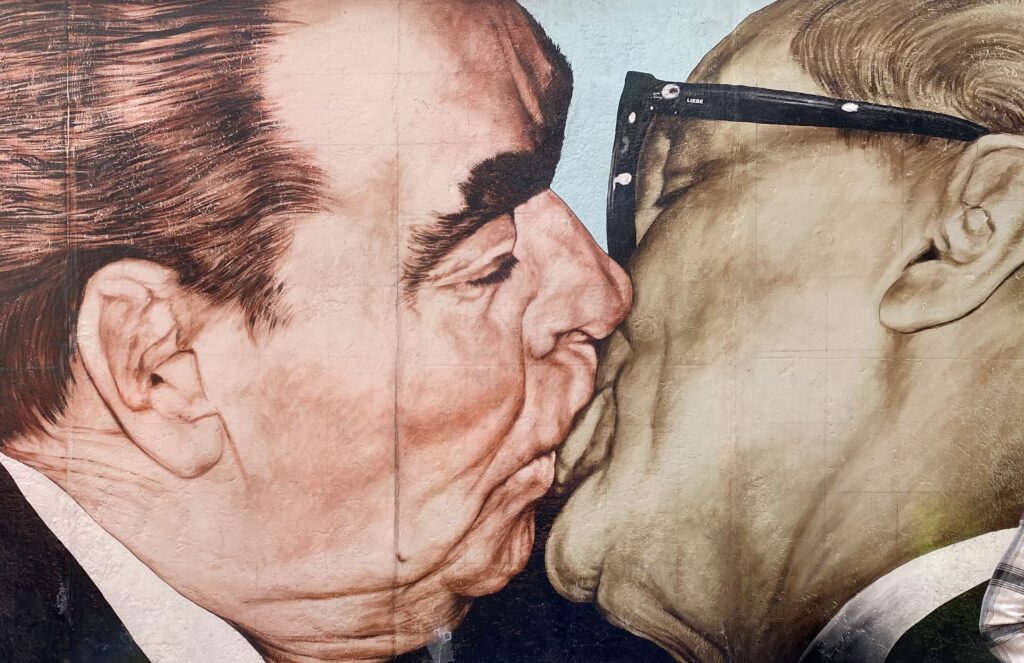By Edwin Jesudason.
Whatever could be wrong with kindness? In fact, the answers might surprise us. My paper explores ways in which kindness can interfere with key principles of healthcare ethics, leading to potentially serious side effects for patients and staff alike.
The idea for the paper has been a long time coming. Over decades working in healthcare, I’d been puzzled – like many colleagues – by the way in which our institutions can, at the same time, be places of deep compassion and yet also profound callousness. Part of the puzzle was that, within those institutions, this difference couldn’t be neatly drawn as a line between morally good and morally bad people. Rather the problem recalled Solzhenitsyn in “The Gulag Archipelago”:
The line separating good and evil passes not through states, nor between classes, nor between political parties either — but right through every human heart — and through all human hearts. This line shifts. Inside us, it oscillates with the years.
So this gave us a problem to be investigated within healthcare: if (almost) everyone aimed at the good, how do we achieve quite so much harm?
This led me to think about some of the positive qualities, like kindness, that are actively endorsed and encouraged amongst healthcare colleagues – and to ask whether, like any other wonder drug, these positive qualities have side effects that we’re either overlooking – or else using and downplaying.
Discourse around kindness has been prominent across healthcare, particularly during the intense stresses of the pandemic. I’d heard policy work, positively promoting the practice of kindness. But a particular feature always stood out for me as interesting: the discretionary nature of kindness. On reflection, the implications are significant. After all, if we can’t be as kind to absolutely everyone, then that risks us keeping our kindness just for some – perhaps just our own club or clan.
This feature started to feel very familiar. Years within the NHS had exposed me to too many narratives and too many workplaces where kindness for some came at the substantial expense of others; where kindness became less about compassion and more about doing a kindness for friends and allies.
In time, I recognised that a philosophical analysis of kindness might be a way to offer answers to that central paradox in healthcare: how the compassionate can nonetheless behave callously? In the event, my inquiry begins to offer an explanation for this and for a related issue – how compassionate staff nonetheless discriminate unfairly.

At first, I presented the ideas locally for trainees within the health board. I sketched out the ideas as an abstract, leading to an oral presentation – and helpful feedback – at the Institute of Medical Ethics’ Annual Conference. This all helped to finalise the paper now published.
I hope the work is of academic interest but also of practical help too. Working in healthcare has shown me how some are powerfully shielded by kindness while others are allowed to suffer. This harmful injustice can be addressed, but not by simply studying those who suffer. Of course, they need our support and to be better included in our thinking. But we ought now to go further – to study those who, being routinely shielded by kindness, are often lifted to power. As consistent beneficiaries of discretionary kindness, they can perpetuate the discriminatory habits and networks that this brings, and which too often leave patients and staff less kindly treated.
Paper title: Ethical problems with kindness in healthcare
Author: Dr Edwin Jesudason
Affiliations: Consultant in Rehabilitation Medicine, NHS Lothian, Astley Ainslie Hospital, Edinburgh.
Competing interests: None
Social media account: @Edwin1432